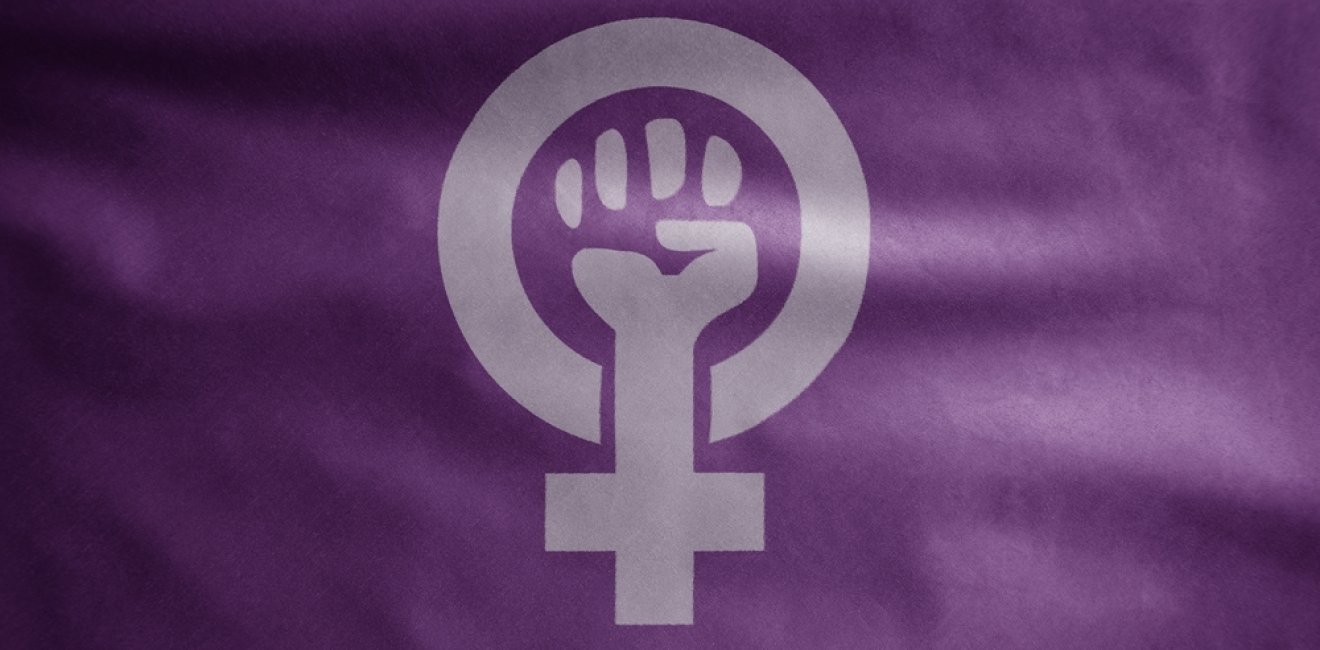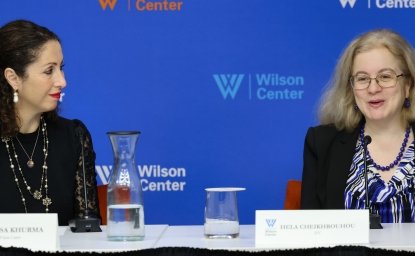The recent judicial reform in Mexico, which introduces the popular election of local and federal judges, magistrates, and Supreme Court justices, has been lauded as a step toward democratizing the judiciary. However, beneath its democratic veneer lie significant risks to judicial independence, the rule of law, and the protection of human rights—particularly for women and marginalized groups. This reform could destabilize hard-won feminist advancements, undermine trust in Mexico’s justice system, and threaten bilateral cooperation with the United States.
Judicial independence is not a luxury but the bedrock of any functioning democracy. The reform risks turning courts into political battlegrounds by subjecting judicial appointments to popular vote. Judges will be forced to campaign, raise funds, and appeal to voters—activities that inherently compromise the impartiality expected of the judiciary. This danger is particularly pronounced in Mexico, where systemic corruption and political influence from criminal groups already pose significant challenges.
From a feminist perspective, this reform is deeply troubling. The judiciary has been a crucial ally in advancing gender justice, delivering landmark rulings on abortion rights, gender-based violence, and feminicide. For example, the Supreme Court’s ruling where total criminalization of abortion was declared unconstitutional marked a historic victory for women’s rights in a country where patriarchal norms remain deeply entrenched, and only a few politicians supported them publicly. A judiciary beholden to political interests or public opinion may shy away from such rulings, fearing electoral backlash. This could roll back decades of progress in feminist jurisprudence, leaving women, migrants, and LGBTQ+ individuals vulnerable to systemic injustices.
The reform also fails to address the structural inequities women face within the judiciary. Women remain underrepresented in Mexico’s courts, particularly in leadership roles. Electing judges does not guarantee gender parity; since it lacks affirmative measures, this reform could entrench existing disparities, further marginalizing women from decision-making spaces.
The Critical Role of Judicial Training
By introducing the popular election of judges and justices, Mexico’s judicial reform represents a fundamental overturn in the structure of its legal system. Still, it also poses significant risks to judicial independence. This reform could exacerbate vulnerabilities for a judiciary already grappling with corruption and political influence, turning judicial offices into political platforms. Training newly elected judges is critical to mitigate these risks. Without comprehensive programs emphasizing judicial independence, ethical standards, and technical expertise, the judiciary could devolve into a politicized institution unable to uphold the rule of law or safeguard fundamental rights effectively.
A feminist-informed training approach is particularly urgent. Mexico’s judiciary has historically advanced gender equality through landmark rulings; however, an elected judiciary risks prioritizing populist sentiments over feminist jurisprudence, potentially undermining decades of progress. Training must equip judges to handle cases involving systemic gender inequalities, emphasizing intersectionality and international human rights standards. For women and marginalized communities, access to justice is already fraught with barriers, and poorly trained judges could further entrench these disparities.
Institutional challenges also threaten the effectiveness of judicial training. It remains to be seen which bodies will oversee these programs or how they will be funded, raising concerns about consistency and quality. Furthermore, the politicization inherent in an elected judiciary could deter meaningful investment in capacity-building. Robust training efforts must focus on legal knowledge and gender sensitivity, ensuring that judges are prepared to handle complex cases involving violence, discrimination, and social inequalities. Without this foundation, the judiciary risks becoming a tool of political interests rather than a bastion of impartial justice.
Mexico’s judiciary plays a pivotal role in protecting the rights of migrants, many of whom are women fleeing gender-based violence. These women often face intersecting vulnerabilities, including exploitation, sexual violence, and discrimination. The judiciary’s ability to uphold its rights depends on its independence and capacity to apply international human rights standards. Popular elections, however, risk introducing biases that prioritize nationalist or anti-migrant sentiments over legal protections.
For example, judges seeking reelection may cater to public opinion rather than uphold international commitments. This could result in harsher rulings against migrants, denying them due process and pushing them further into precarity. Women migrants, who often endure disproportionate risks, would bear the brunt of these failures, facing increased barriers to justice and protection.
For the United States, these dynamics carry bilateral consequences. A weakened Mexican judiciary incapable of safeguarding migrants’ rights could exacerbate cross-border tensions. Migrants denied justice in Mexico are more likely to attempt dangerous crossings into the United States, straining already fragile migration agreements and fueling political controversies on both sides of the border.
Human Rights at Risk of Regression
Mexico’s judiciary has been a critical counterweight to political power, particularly in advancing human rights. Landmark rulings on issues such as marriage equality and feminicide reflect the judiciary’s capacity to challenge entrenched inequalities in addition to the public policies promoted by the government and Congress. The reform, however, threatens to erode this role, aligning judicial decisions with political suitability rather than the constitutional text.
This shift is perilous in a country with one of the highest femicide rates globally. Women’s access to justice for gender-based violence already faces systemic barriers, including impunity and institutional apathy. A judiciary influenced by electoral concerns may disregard cases involving violence against women, further entrenching the culture of impunity.
Moreover, judges—elected or otherwise—must be equipped to handle cases involving gender-based violence, reproductive rights, and intersectional discrimination. Without mandatory feminist training, the judiciary risks perpetuating harmful stereotypes and biases, deepening existing inequalities.
Mexico’s judicial reform is a precarious experiment that risks politicizing an institution vital to democracy and human rights. For women, migrants, and marginalized groups, the stakes are alarmingly high. While democratizing the judiciary may sound appealing, the reform’s failure to safeguard judicial independence or promote gender equity could undo decades of progress in the fight for justice and equality. In addition, preexistent handicaps of the judiciary, such as the reduced number of judges, the long waiting time it takes to have a ruling, and the low number of state-funded legal advisors, are not addressed with this reform.
For the bilateral relationship with the United States, the reform raises significant challenges that could overshadow potential opportunities. A judiciary susceptible to political influence and lacking robust training risks undermining Mexico's ability to uphold its commitments to human rights, migration, and security cooperation. This erosion of judicial independence could weaken trust between the two nations, complicate joint initiatives to combat organized crime and human trafficking and hinder the enforcement of labor and environmental protections under the United States-Mexico-Canada Agreement (USMCA). Without international collaboration, the reform threatens to exacerbate systemic inequalities, fuel cross-border tensions, and destabilize the shared foundation of the rule of law that underpins the US-Mexico relationship.
Author


Mexico Institute
The Mexico Institute seeks to improve understanding, communication, and cooperation between Mexico and the United States by promoting original research, encouraging public discussion, and proposing policy options for enhancing the bilateral relationship. A binational Advisory Board, chaired by Luis Téllez and Earl Anthony Wayne, oversees the work of the Mexico Institute. Read more

Explore More
Browse Insights & Analysis
How Education Can Empower Young Women in MENA

Empowering the Changemakers of Today: Young Women




